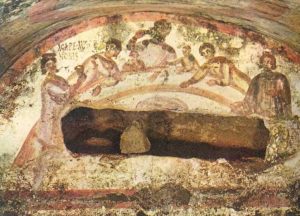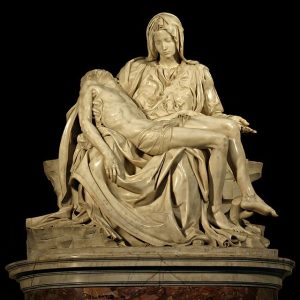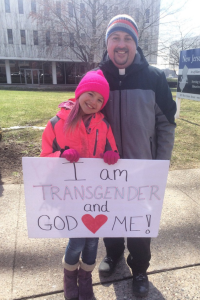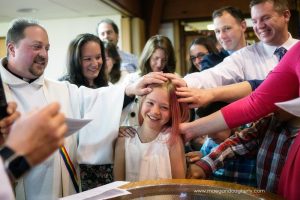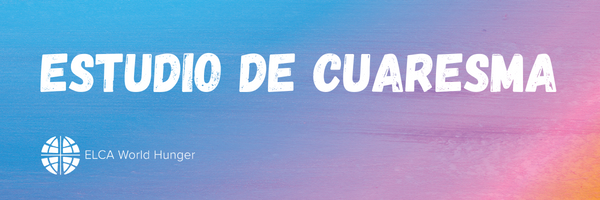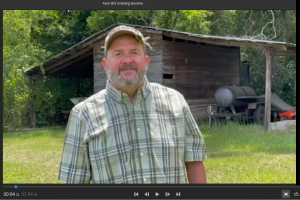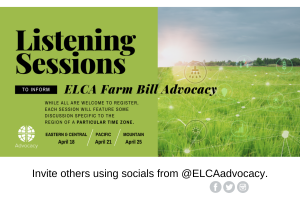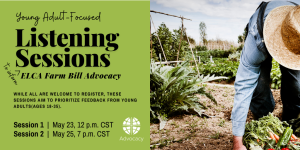Brian Hiordahl, Orangevale, CA
Warm-up Question
What do you do to relax or escape stress?
Gate Expectations
The use of cannabis (marijuana) and whether it should be legal remains a hotly debated issue in our country, with different states reaching different conclusions. One persistent fear is that cannabis is a “gateway drug” leading its consumers to use harder drugs. In an article for Forbes, Dario Sabaghi traces the dubious history of this concern, noting that several studies not only challenge this idea but also suggest that cannabis may also lead users away from opioids.
Sabaghi sites evidence that most users of cannabis do not, in fact, progress to hard drugs. More important than the use of cannabis in predicting hard drug use are personal differences and social factors. “According to the US think tank RAND Corporation (Research and Development), what triggers people to use hard drugs is not cannabis but the individual opportunities and the unique inclinations of people.”
Some studies have shown that cannabis may be helpful in relieving pain and reducing the use benzodiazepines, antidepressants, and other prescription drugs. But further research is necessary.
Discussion Questions
- Is this article convincing? What important information or perspectives does it omit?
- Do you support legalizing the use of cannabis? Why or why not?
- To what does cannabis usage lead? Are these outcomes positive or negative or both?
Fourth Sunday of Easter
(Text links are to Oremus Bible Browser. Oremus Bible Browser is not affiliated with or supported by the Evangelical Lutheran Church in America. You can find the calendar of readings for Year A at Lectionary Readings.)
For lectionary humor and insight, check the weekly comic Agnus Day.
Gospel Reflection
After a long story about the healing of a man born blind (reviewable here), Jesus tells his disciples a “dark saying” (figure of speech) about the difference between a shepherd and a bandit. Not surprisingly, they did not understand what he was saying to them. In later verses, Jesus identifies himself as the good shepherd who lays down his life for the sheep. This laying down happens after the crowd demands his crucifixion, spending its annual Passover get-out-of-jail-free card, not on the good shepherd, but on a bandit (John 18:39-40).
In this text, when the disciples prove just an unable as the crowd to distinguish shepherd from bandit, Jesus pivots to another image: I am the gate for the sheep….Whoever enters by me will be saved, and will come in and go out and find pasture.
Is Jesus a gateway drug? A getaway drug? Both? If he is the gate, to what does going through him lead us?
In contrast to thieves and bandits who come only to steal and kill and destroy, I came that they may have life, and have it abundantly, Jesus explains. For the man born blind, Jesus was the gateway to sight and trust. Now, for the sheep who listen to his voice, Jesus calls himself the gate to salvation and pasture: healing and nourishment, the restoration and preservation of life rather than death.
Notice that the sheep come in and go out. Jesus is not only the entrance to church but also the exit, our doorway into the world. He guides us into the fold and out to the field; into worship to feed us and out of worship to feed and serve others. Whether we enter or leave church, Jesus defines and directs how we go.
Discussion Questions
- What voices do you listen to with trust? What voices do you distrust?
- If your preacher called Jesus a gateway drug, how do you think your congregation would react? Is this image helpful or hurtful, and why?
- When and where has Jesus led you to more abundant life?
Activity Suggestions
- Interview a medical expert about cannabis and other drugs. What leads to more abundant life, and what leads to death and destruction?
- Search “gateway drug” on the internet and make a list of things (not only drugs) to which the phrase refers. What light do these other things shed on this term?
- Walk around your house or church building and go in and out of every door and gate. What do you notice? Say a prayer for what you find on each side of the door.
Closing Prayer
Risen Christ, gate for the sheep and hope for the world, open our eyes to find you, our ears to hear your voice, our minds to understand you, and our hearts to receive, live, and joyfully share the abundance you came to give us. Amen.



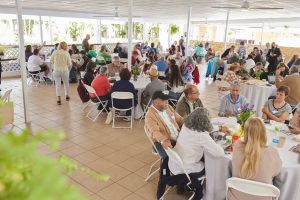
![[signed] +Christopher Harper](https://www.anglicanlutheran.ca/wp-content/uploads/chris-harper-signature.png)
![[signed] +Susan C Johnson](https://www.anglicanlutheran.ca/wp-content/uploads/Susan-Johnson-Signature.jpg)
![[signed] +Linda Nicholls](https://www.anglicanlutheran.ca/wp-content/uploads/nicholls-sig_black.png)


